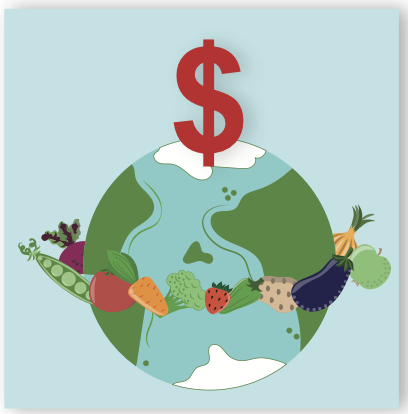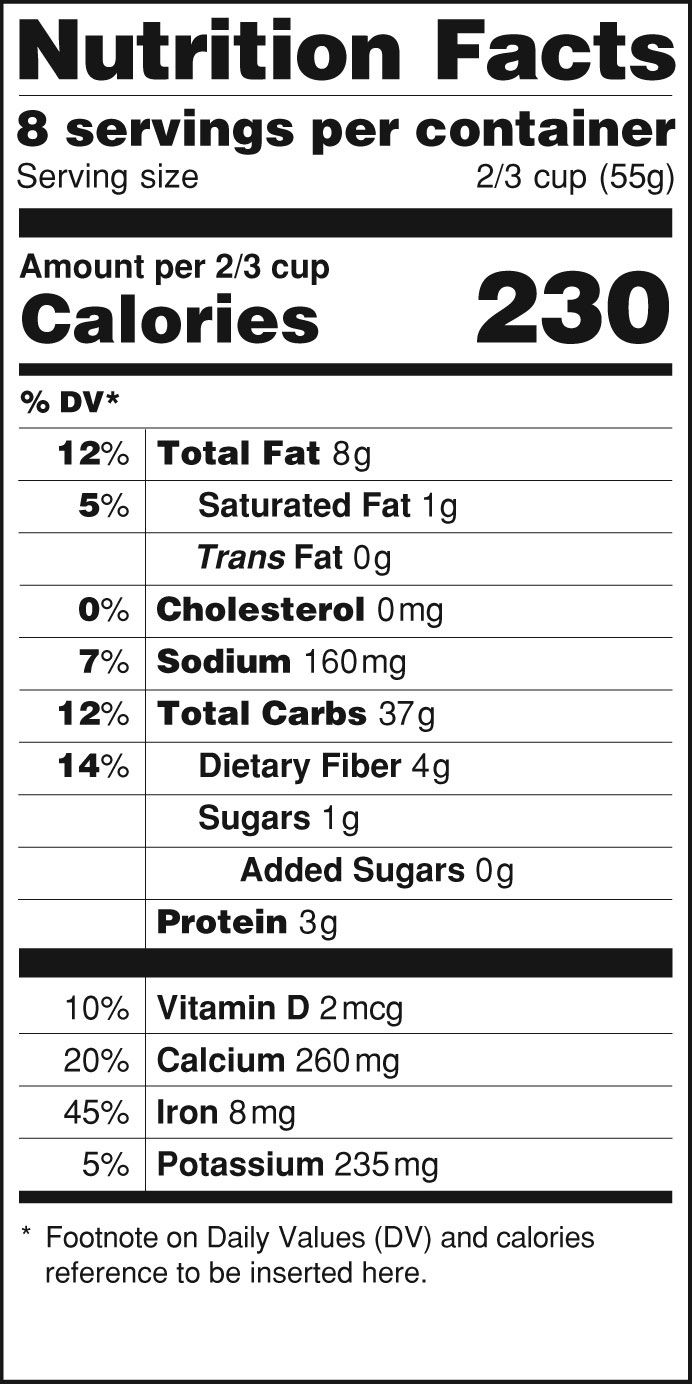Large Study Will Test Chocolate Compounds
Participants in a recently announced nationwide study wont get to eat chocolate candy in the name of science, but they will be testing the cocoa flavanols thought to give dark chocolate heart-healthy properties. The four-year study will give participants either a placebo or flavorless capsules containing doses of cocoa flavanols higher than could be easily obtained by eating chocolate. It will be by far the largest trial of the chocolate compounds, which previous findings have…
Activity Levels Drop After Retirement
Plans to become more active once people have greater free time after retirement may be just that, according to a new British study. Among 3,334 men and women followed over about 10 years, those who retired during the study period showed significant declines in physical activity compared to their working years. All were employed at the studys start, but 785 subsequently retired. Researchers measured physical activity in metabolic equivalents (METS); mowing the lawn, for example,…
For Most Products, 0 g Trans Fat Really Means Zero
When the US Food and Drug Administration began requiring trans fat amounts to be listed on Nutrition Facts labels in 2006, it left what some regard as a loophole: Products containing trans fat with less than 0.5 grams per serving could nonetheless be labeled 0 g trans fat. Crunching the numbers on a database of 130,000 branded and private-label food products, however, revealed that concerns about heart-unhealthy trans fat lurking under that 0 grams label…
Married People Heart-Healthier
The largest study of its kind reports that married people are less likely to suffer from a range of cardiovascular problems, from heart disease to stroke to circulatory issues. In an analysis of data on more than 3.5 million Americans, average age 64, whod undergone health screenings by a private company, married people were 5% less likely to have cardiovascular problems than singles. Compared to married participants, widowed people were at 3% greater risk and divorced people at 5% more risk. The correlation between marital status and cardiovascular health was strongest for those under age 50.
Natural Label Still Popular
A slew of lawsuits-58 in 2013 alone-hasnt persuaded the food industry to jump off the natural-labeling bandwagon. Some experts had predicted that fear of legal action over the vague definition of natural might deter companies from using the term, which has been challenged in products using genetically modified (GMO) ingredients or high-fructose corn syrup, for example. But Mintel, which tracks global product launches, reports that 14% of new food products introduced in the US last…
FDA Proposes Label Makeover
Administration has proposed the most significant changes in nutrition labels since the government started requiring them in 1992. The Nutrition Facts labels were last modified in 2006, with the addition of trans fat data. The latest FDA proposal goes much further, revising portion sizes, the labels appearance and which nutrients must be included and even how theyre calculated. But dont look for the new labels on grocery shelves anytime soon:
Canada OKs First Flax Cholesterol Claim
Flax fans are applauding Health Canadas Food Directorate, which has approved the first health claim for ground flaxseed as a food that improves cholesterol. Products containing flaxseed can now boast that daily consumption of 40 grams (five tablespoons) of the ground seed lowers unhealthy cholesterol levels. Grinding or milling the seeds, the agency noted, makes nutrients such as omega-3s more bioavailable. Flaxseeds can easily be incorporated into a wide range of food products, and very finely milled ingredients derived from the seeds can even be added to beverages. Canada leads the world in flax production.
Building Better Broccoli
A pair of discoveries, reported in the journal PLoS One, may lead to better broccoli in the produce aisle. University of Illinois researchers, seeking to boost levels of anti-cancer glucosinolate compounds found in broccoli and similar vegetables, sprayed the plants shortly before harvest with methyl jasmonate. That natural, non-toxic plant signal chemical tells genes in the broccoli to produce the desired anti-cancer agents. Unfortunately, testing showed it also accelerated the production of ethylene, which causes plants to decay. Spraying a second chemical recently discovered in plants, 1-methylcyclopropene, was found to block the ethylene and prolong shelf life. The one-two punch, scientists hope, will help protect against cancer while also protecting the broccoli in your fridge.
Were Eating Better, Regardless of Economy
Its not just the recession thats led to improvements in the US diet, according to a new analysis in the American Journal of Clinical Nutrition. Beyond merely cutting back for pocketbook reasons, Americans are choosing to consume fewer calories and obesity rates are leveling off. The study used sophisticated statistical tools to control for changing economic conditions over the past decade, including unemployment rates and food prices. Calories declined more in beverages than food choices,…
Whole Grains Gaining
Americans are slowly getting the positive message about whole grains, but we still have a ways to go, according to a new University of Minnesota study of data on more than 9,000 people from a national nutrition survey. The study, funded by General Mills, found that ready-to-eat cereals, oatmeal and breads and rolls accounted for about two-thirds of whole-grain intake. Only 7.7% of adults, however, consumed at least the recommended three ounce equivalents daily, and even fewer children were getting enough.


























